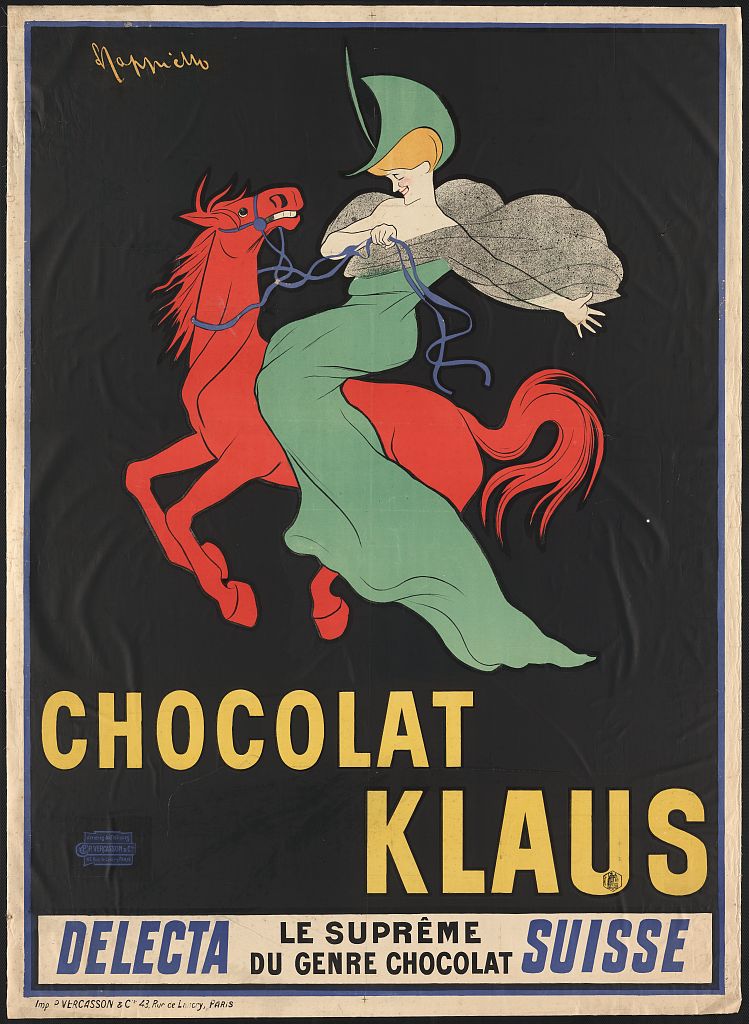
The history of the venerable Library of Congress demonstrates the vast importance that the founders of the U.S. accorded to reading and studying. It may be one of the country’s most durable institutions, “the oldest federal cultural institution in the nation,” it proclaims. While partisan rancor, war, and violence recur, the LoC has stolidly held an ever-increasingly diverse collection of artifacts sitting peacefully alongside each other on several hundred miles of shelves, a monument to the life of the mind that ought to get more attention.
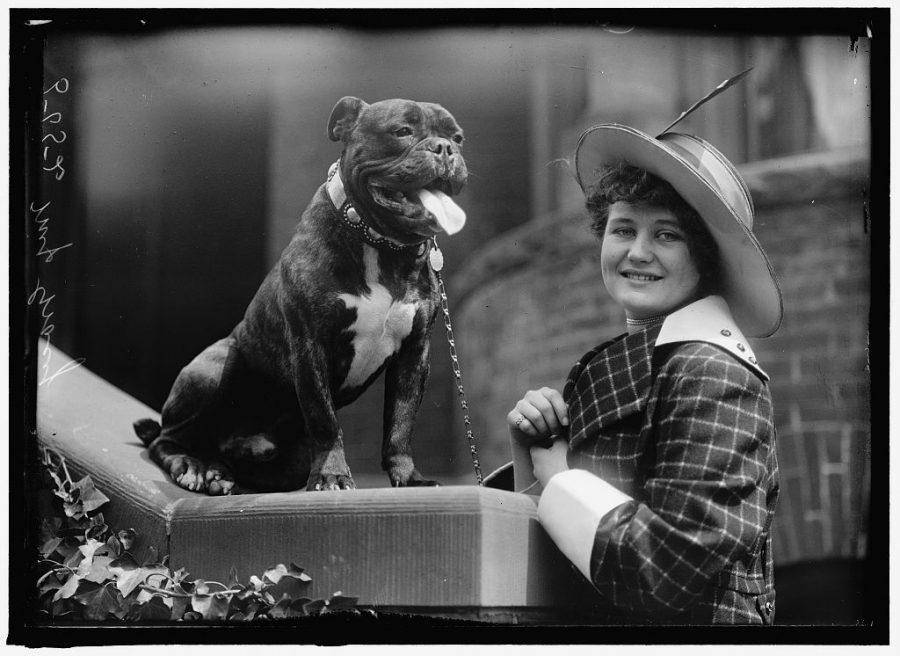
Touting itself as “the largest library in the world,” its collections “are universal, not limited by subject, format, or national boundary, and include research materials from all parts of the world and in more than 450 languages.”
Its first materials were, of course, books—including over six-thousand books purchased from Thomas Jefferson’s private collection after the British burned the original library down in 1814. Now, it “adds approximately 12,000 items to the collection daily,” in every possible format one can imagine.

And since its digital collections came online, anyone, anywhere in the world can call up these vast resources with an internet connection and a few clicks. Though we tend to take such things for granted in our fervidly distracted times, a little reflection should remind us of how incredible that is. But before we wax too rhapsodic, let’s remember there’s a business end to the LoC and it’s called the U.S. Copyright Office, that guardian of intellectual property that both ensures creators can profit from their labors and prevents the free and open use of so many enriching materials long after those creators have need of them.
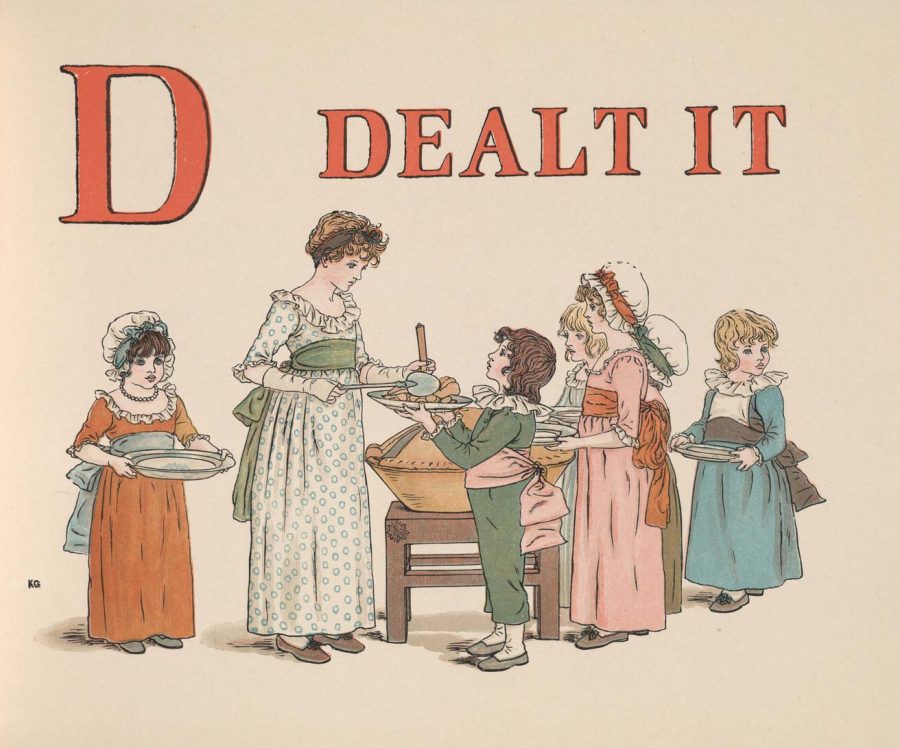
But the Library has done its digital users a service in this regard as well, with its “Free to Use and Reuse Sets,” a sizable collection of images that the Library “believes… is either in the public domain, has no known copyright, or has been cleared by the copyright owner for public use.” (The use of the word “believes” seems to leave room for doubt, but if you got it with permission from the LoC, you’re probably safe.) Need photographs of Abraham Lincoln—and scans of his speeches, letters, and “dueling instructions”—for that book you’re writing? You’re covered with this gallery. Need a collection of classic children’s books for your website (or your reading pleasure)? Here you go.
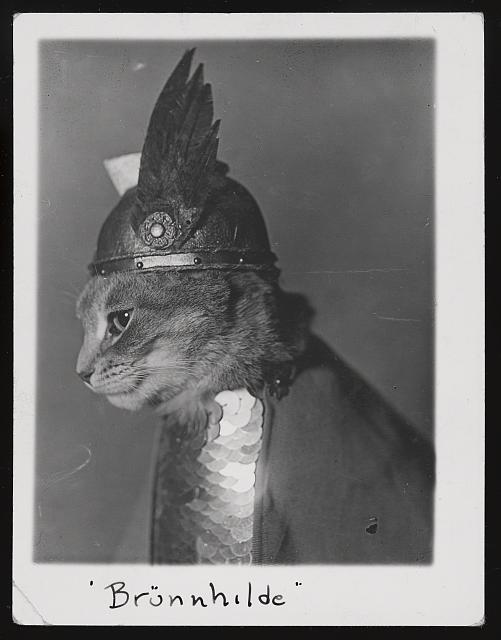
From the graphic genius of vintage WPA and travel posters to iconic jazz portraits by William Gottlieb to baseball cards to endlessly quaint and quirky American roadside attractions to pictures of dogs and their people… you never know when you might need such images, but when you do you now know where to find them. Want to know what’s in the set called “Not an Ostrich”? A valkyrie cat named Brunnhilde, for one thing, and much more here.
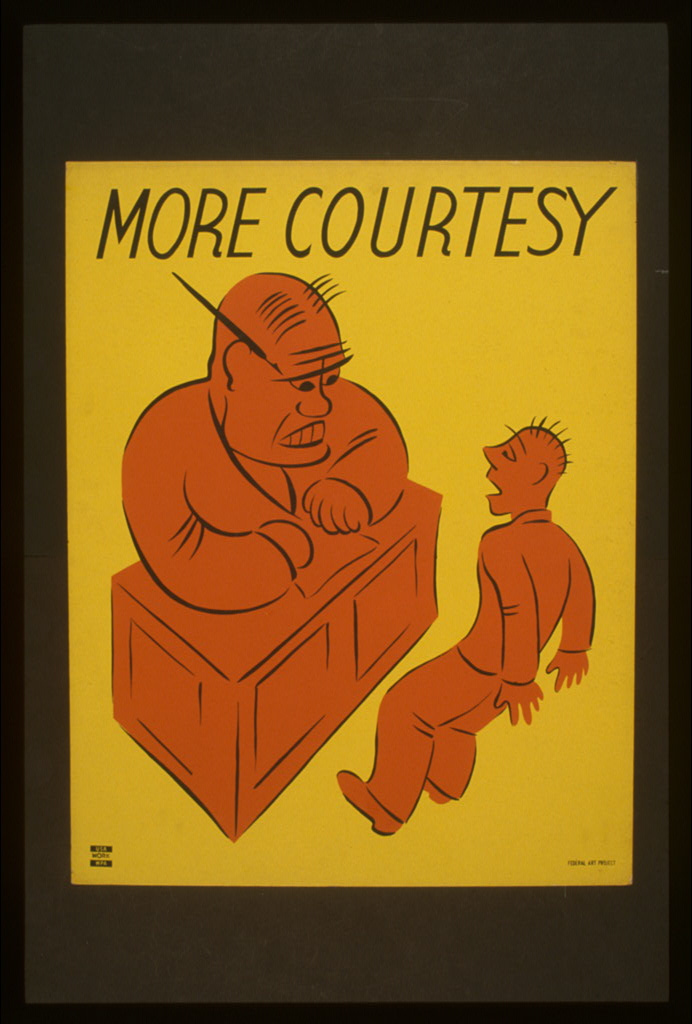
The Library currently highlights its “Poster Parade”—a set of posters from the 1890s to the 1960s featuring “travel, commercial products, war propaganda, entertainment, and more”—in collaboration with Poster House, a museum opening in New York next year. These range from delectable art nouveau ads to shouty broadsides telling you to drink your milk, brush your teeth, or have “More Courtesy.” Sensible prescriptions, but we also need more knowledge, study, and thought. Start at the LoC’s Digital Collections here and harvest your free to use and reuse images here.
If you would like to sign up for Open Culture’s free email newsletter, please find it here. Or follow our posts on Threads, Facebook, BlueSky or Mastodon.
If you would like to support the mission of Open Culture, consider making a donation to our site. It’s hard to rely 100% on ads, and your contributions will help us continue providing the best free cultural and educational materials to learners everywhere. You can contribute through PayPal, Patreon, and Venmo (@openculture). Thanks!
Related Content:
The Library of Congress Makes 25 Million Records From Its Catalog Free to Download
Getty Images Makes 35 Million Photos Free to Use Online
Josh Jones is a writer and musician based in Durham, NC. Follow him at @jdmagness.


I am so pleased to see this. I am sharing it with all of my friends — ‑what a terrific resource. Thanks for making the public aware!!
Thanks for the timely reminder!